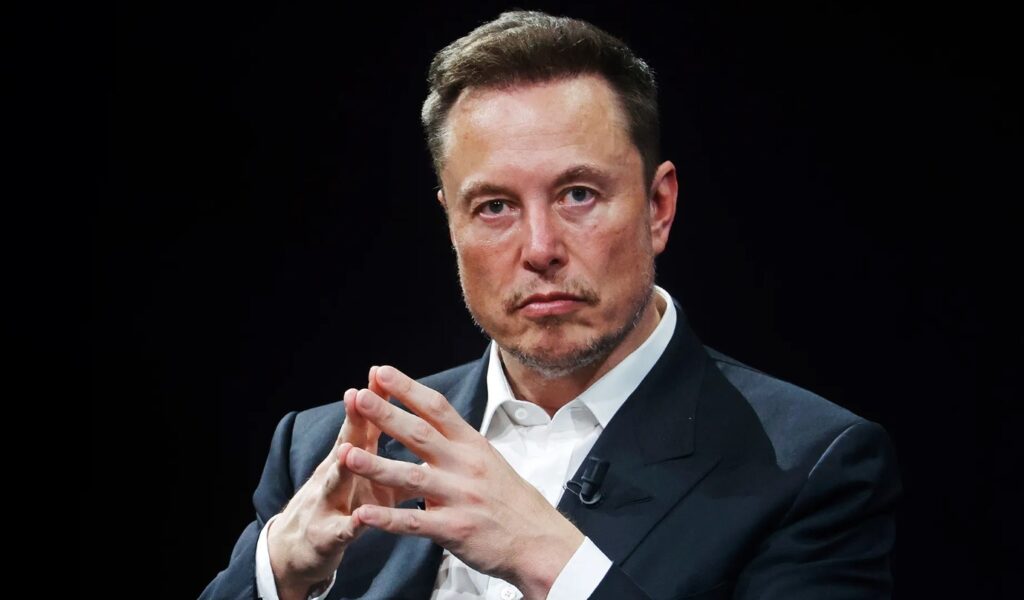12/05/2024
12/05/2024

NEW YORK, May 12: In a series of provocative statements on his social media platform, X, Elon Musk, the South African-born billionaire and CEO of companies like Tesla and SpaceX, stirred controversy by suggesting that the 2024 presidential election might be the last to be determined solely by US citizens. Musk attributed this prediction to what he termed as an "influx" of illegal immigrants being allowed to vote.
Musk's comments came in response to the recent passage of a bill by Republicans in the House of Representatives, which aimed to include citizenship status on the ten-yearly census. The bill faced opposition from the White House and unanimous Democrat resistance in the House.
"The Democratic Party's goal is to disenfranchise US citizens by importing as many illegal immigrants as possible," Musk asserted, sparking debate on social media platforms.
While Musk has previously voiced support for President Joe Biden's immigration policy, he has also criticized aspects of it, particularly concerning the US-Mexico border. His latest remarks seemed aligned with the GOP's stance on immigration, which has emphasized the need for tighter border security.
The bill passed by House Republicans, known as the Equal Representation Act, seeks to modify congressional seat allocations by factoring in citizenship status. This move, according to proponents, aims to ensure fair representation and prevent states with high immigrant populations, including both Democrat-leaning and Republican-leaning states, from gaining disproportionate congressional influence.
Despite the bill's focus on congressional seat allocations, Musk tied its implications to non-citizens' voting rights. He argued that the bill could impact the demographic composition of voters, citing projections of a record-high Hispanic-eligible voter population in 2024.
However, critics have challenged Musk's claims, arguing that the bill's passage would not significantly impact election security, as many states already prohibit non-citizens from voting. Additionally, concerns have been raised about the bill's compatibility with the Fourteenth Amendment of the US Constitution, which mandates counting the "whole number of persons" in each state.
While the debate over immigration policy and electoral integrity continues to unfold, Musk's remarks have reignited discussions on the intersection of immigration, voting rights, and political representation in the United States.


